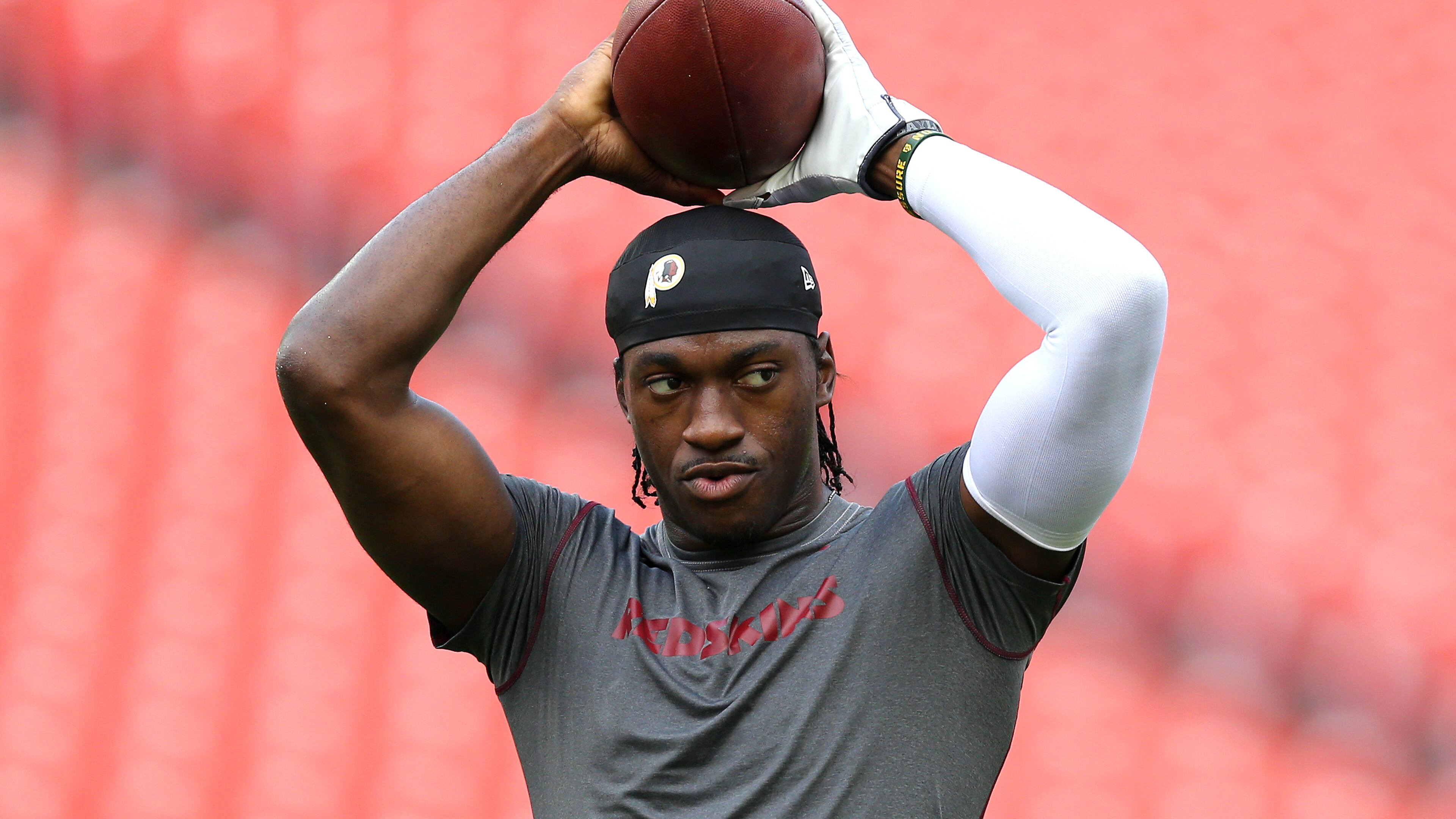Virtual reality training in sports? We're just not there yet.

It's not hard to come up with ways virtual reality could be useful for professional sports athletes.
A quarterback could put himself into the middle of a game and practice running plays against a rival team, for instance, or a baseball player could practice swinging against an upcoming opponent based on actual footage of their pitching.
But according to a panel of virtual reality experts at South by Southwest Interactive, which included Heisman Trophy winner Robert Griffin III, virtual reality is not yet capable of delivering realistic game-day experiences.
"It still needs a lot of work before you see it used widely in various positions and various sports," said Rudy Chapa, who founded a 2D animation company called Axon Sports which is used for athletic training. "Especially dynamic sports."
Griffin was the undeniable star of this panel and he used his time to talk about some of the simulation technologies the NFL is currently using, which are technically 3D or 2D animations or simulations and not true virtual reality.
"We're all looking for that edge - legally," Griffin joked. Griffin played football for Baylor University and was recently released from the Washington Redskins. He also got his master's degree at Baylor University in virtual reality.
"It would be cool if you could get three or four quarterbacks in the same room and say "All right, make a decision, and see what each quarterback does," Griffin said.
"It's not that seamless yet.He noted that virtual reality should "feel so real you can drop back and not get motion sickness and see the coverage and see the play," he said.
He also distinguished between what virtual reality should offer - which is essentially extra practice - and simulations, which are better for practicing in the off-season.
"We work so much, you have to be smart and not overwork yourself," Griffin said.
While Griffin brought the player's perspective, Chapa looked at it from a business point of view. He said it would be tough to make a lot of money on virtual reality for professional sports.
"It's expensive," he said, and it would be difficult to scale. "You get to work with great people and the best athletes and the best people, but you're probably not going to get rich."
Griffin offered that it might be tough to get old-school coaches on board with trying virtual reality. "They are old school, they want to teach you," he said. "They want to write it on the board, and they want you to write it with them."

